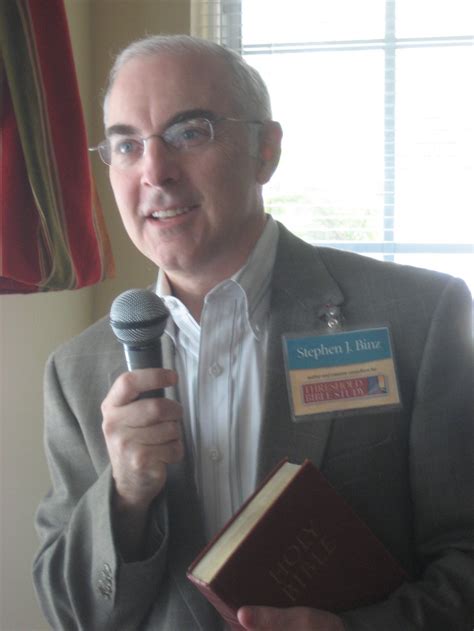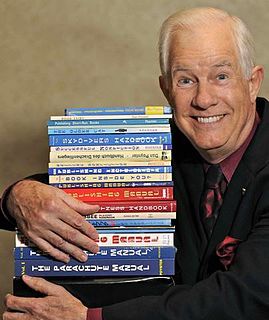A Quote by Emile M. Cioran
To write books is to have a certain relation with original sin. For what is a book if not a loss of innocence, an act of aggression, a repetition of our Fall?
Quote Topics
Related Quotes
When virtue is pictured as innocence and innocence equated with childlikeness, the implication is obviously that knowledge and experience are no longer media of goodness, but have become in themselves contaminating. This is a very despairing outlook, in its way as black as Augustine's original sin, for it supposes that original goodness will in all likelihood be defiled...It surrenders the attempt to represent virtue in a mature phase.
You can't write a book if you've never read a book. And if you've read five books and you try to write a book, your book will mainly encompass the themes and the context of the five books you've read. Now, the more books you read, the more you can bring to a book when you decide to write one. So the more rap I learned, the more I was able to bring to rap when I decided to rap. But this was all subconscious.
There is a value in repetition. When we repeat certain phrases and even actions, like fingering prayer beads, we create a quiet rhythm within our spirits. The beating of our heart is a repetition as is the rhythm of our breathing. All of life has its rhythms, and the repetition of familiar prayers can bring our interior spirits into harmony with the Divine Heartbeat and the breathing of the Divine Christ.
The story of the Fall always fascinates me as a play ground, but I cannot find any profound meaning in it, because of my 'liberal' view of human nature: I cannot believe in a state of original innocence, still less in a profound meaning in it, and I am always minimising the conception and the extent of Sin and the sinfulness of sex.
I believe in books. And when our people [coughing] - our people of Jerusalem, let's say after the Romans destroyed the temple and the city, all we took is a little book, that's all. Not treasures, we had no treasures. They were ransacked, taken away. But the book - the little book - and this book produced more books, thousands, hundreds of thousands of books, and in the book we found our memory, and our attachment to that memory is what kept us alive.
By deafening ourselves to the emotional consequences of violence we have become confused by its relationship to sex. We have come to believe that violence equals aggression, and we have come to base our model of sexuality on our model of violence... converting an act of aggression into an act of consensual sexuality.
We lost our innocence in the Fall, and our turn to it is through the Redemption which was brought about by Christ's death and by our slow participation in it. Sentimentality is a skipping of this process in its concrete reality and an early arrival at a mock state of innocence, which strongly suggests its opposite.









































